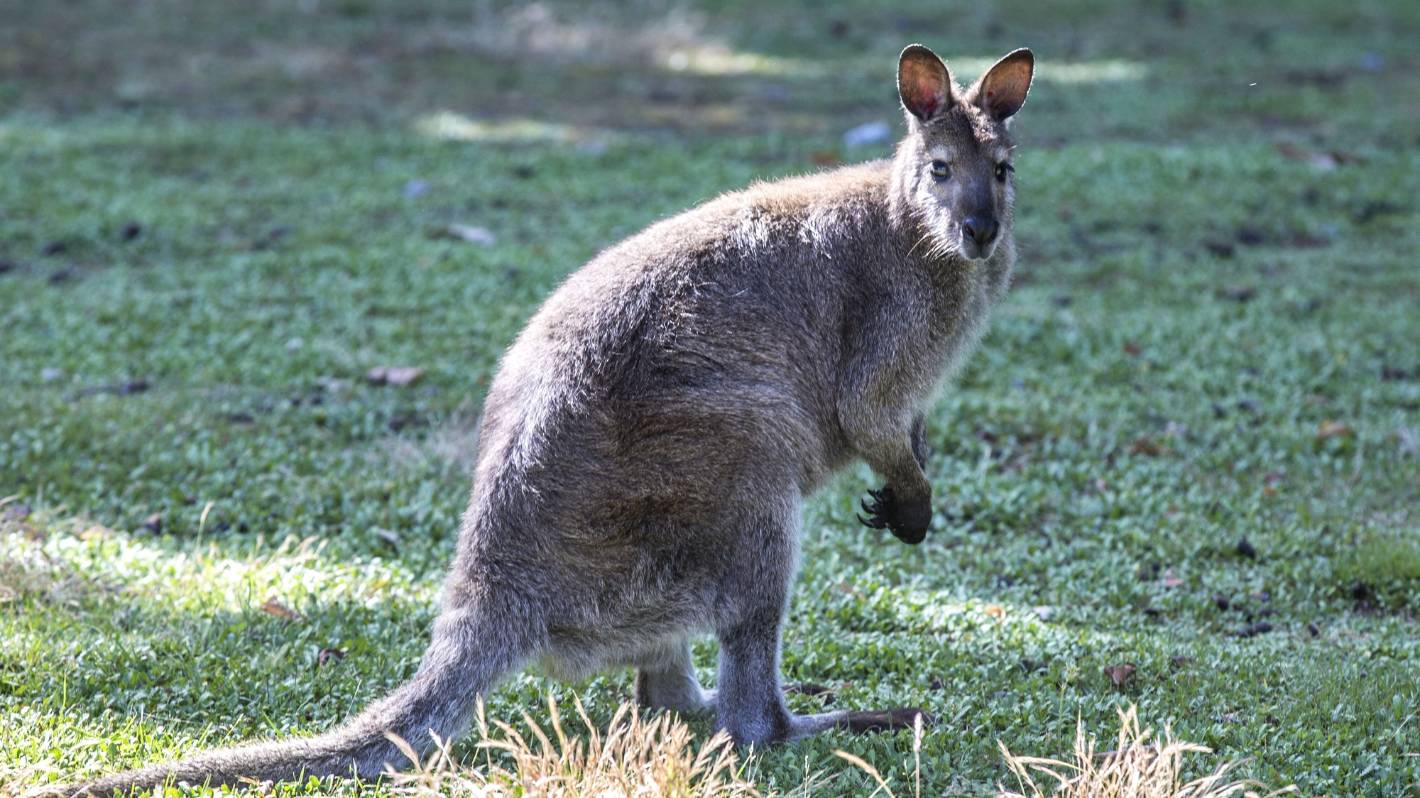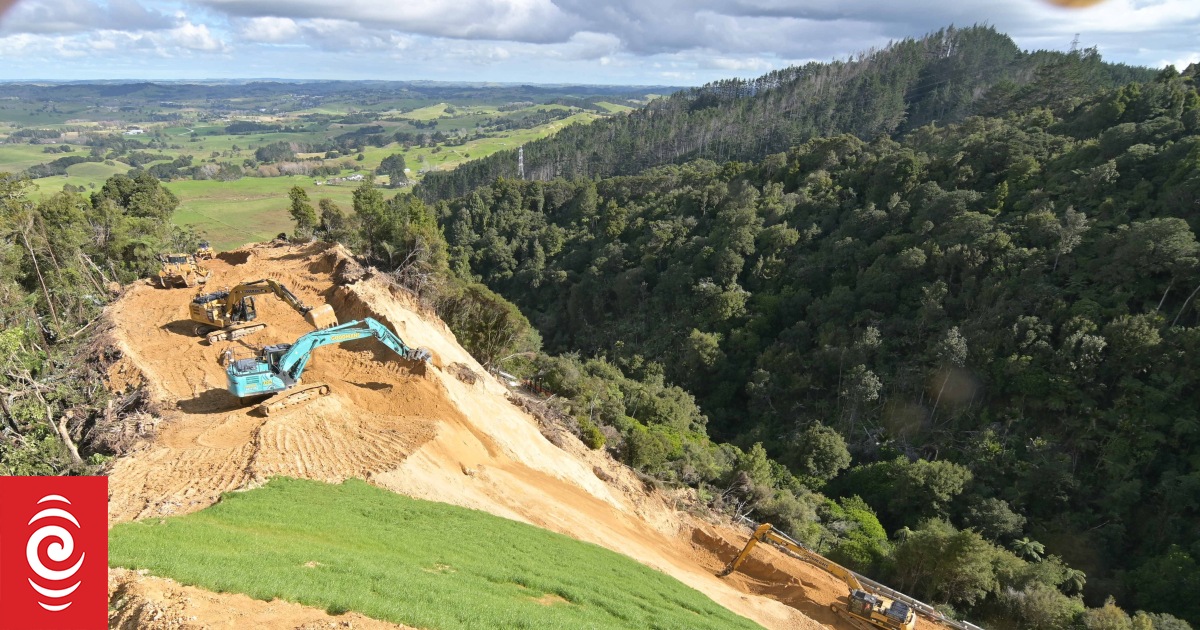DOUG FIELD/Stuff
Wallabies are considered a pest in New Zealand. (File photo)
The discovery of a dead wallaby in Northland has prompted a plea for information.
The wallaby was found on the side of SH1 near Kawakawa on December 4, Northland Regional Council biosecurity manager Nicky Fitzgibbon said.
Wallabies are considered unwanted organisms under the Biosecurity Act. It is illegal to breed, sell, move or exhibit them without a permit.
It appeared the wallaby had been fed to some dogs and then rained on, meaning there was not much left of it by the time council staff collected it.
“On considering all the evidence and speaking with the members of the public who reported it, staff are confident the report was genuine and the animal was a wallaby,” Fitzgibbon said.
There are wallaby populations in the Bay of Plenty, Waikato and South Canterbury areas and on Kawau Island in the Hauraki Gulf, however they are not established in mainland Auckland or Northland.
“It’s possible the wallaby may have been killed elsewhere and fallen from a ute or other vehicle as it was driving in Northland.”
Chris McKeen/Stuff
Auckland Council searches for a suspected wallaby at a North Shore park.
Adding credibility to this theory was a reported sighting of another wallaby carcass discovered south of the SH1 intersection near Maungakaramea on December 11.
As a precaution, game cameras have been set up at two properties in the wider area with terrain favoured by wallabies.
Fitzgibbon asked anyone with information on the wallaby sighting and carcass to make a report at www.reportwallabies.nz
This included anyone who may have been taking dead wallabies into Northland or who saw a vehicle doing so.
Do you know more? Email caroline.williams@stuff.co.nz
Wallabies can have a devastating effect on forest taonga (treasure) and native plants. They can also damage crops and fences, compete with livestock for food and increase the risk of erosion.
They breed from a young age, resulting in fast-growing populations, and could spread across a third of New Zealand over the next 50 years if left unchecked, according to the Ministry for Primary Industries (MPI).




